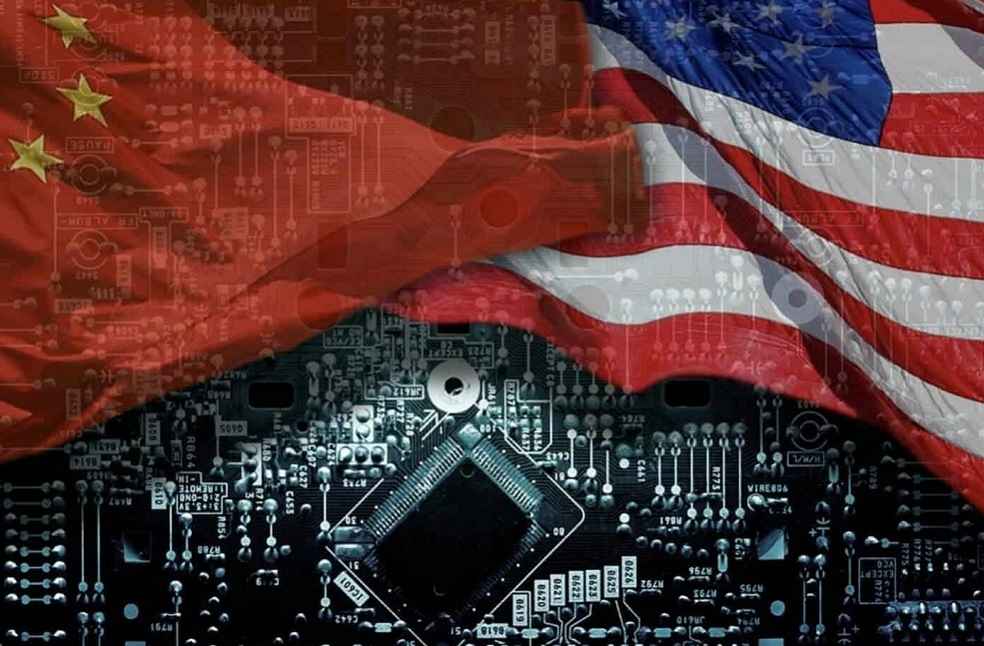The U.S. administration has escalated its measures against Huawei, issuing worldwide warnings on Tuesday that utilizing the Chinese tech giant’s AI chips may result in criminal penalties under U.S. export control regulations.
The U.S. Department of Commerce’s Bureau of Industry and Security (BIS) has stated that utilizing Huawei Ascend chipsets globally violates U.S. export control regulations. Bloomberg reported that the move will further complicate Huawei’s ability to produce advanced semiconductors for artificial intelligence and smartphones.
As reported by Business Standard, the BIS clarified that the Ascend chips were likely developed using specific U.S. software or technology or manufactured with semiconductor equipment derived from U.S.-origin software or technology.

A ministry spokesperson stated that the restrictions further strengthen export controls on AI chips and model parameters while expanding extraterritorial jurisdiction. Additionally, these measures introduce challenges and disruptions for third parties conducting regular trade with China.
To counter China’s attempts to illegally obtain U.S. AI chipsets, the BIS released guidance focused on safeguarding the supply chains of American firms. The guidance functions as an export framework for AI chipset manufacturers like NVIDIA and AMD.
As part of the measures, the BIS previously decided to revoke the ‘country-tiered AI chipset export control policy,’ which was initially introduced under former President Joe Biden and scheduled for implementation on May 15. The policy, unveiled by the Biden administration on January 15, sought to classify countries into three tiers—ally, general, and adversary—to regulate AI chip exports.

However, the BIS criticized the policy, asserting that it would hinder American innovation and impose unnecessary regulatory burdens on businesses.
The latest directive broadens the reach of restrictions that have been enforced since 2019, when the U.S. government added Huawei to its ‘entity list,’ prohibiting American companies from supplying the firm without obtaining a license.
These measures were later expanded to include foreign companies using U.S. technology to manufacture chips for Huawei.
BUSINESS GENERAL | Uganda Cuts Trade Deficit 84% on Coffee Export Surge


